Queensland Law Society has responded to the seven QLS-specific recommendations in the Women’s Safety and Justice Taskforce report, Hear her voice.
The taskforce report, delivered late last year, set out a four-phase implementation plan to support the delivery of 89 wide-ranging and comprehensive recommendations directed at the Queensland Government, judiciary and legal profession, including a recommendation to create a new offence criminalising coercive control.
The Queensland Government has also released its response to the report, supporting or supporting in principle all 89 recommendations.
QLS President Kara Thomson said that the QLS enthusiastically welcomed the opportunity to work with the Government in implementing the recommendations.
“We are aiming to meet and then exceed the taskforce recommendations to the greatest extent possible within the CPD framework in which we must work,” she said.
“We are committed to developing comprehensive, up-to-date, trauma-informed education offerings so that Queensland solicitors can best support their clients. We will work with experts, including our Domestic and Family Violence Committee, to provide the best and most relevant resources.
“We are also considering the best ways to ensure that our accredited specialists in criminal law and family law meet and maintain a high level of DFV expertise.
“QLS remains committed to supporting our members by providing high-quality ethical guidance on all matters, and we will work with the Ethics Centre and Senior Counsellors to further enhance practitioner skills in DFV.
“We have already collaborated with Legal Aid Queensland to develop and publish the Domestic and Family Violence Best Practice Framework for Legal and Non-Legal Practitioners, a high-quality document available to all practitioners.”
QLS Chief Executive Officer Rolf Moses said that the Government’s commitment to consult on the establishment of an independent Queensland Judicial Commission1 was particularly welcome, as it was a reform for which QLS had long advocated.2
“The Government’s commitment to other recommendations for which the Society has advocated is also heartening,” he said.
“These include respectful relationship education,3 increased and more diverse and appropriate perpetrator programs,4 improved safety for victim survivors when attending courts,5 and increased judicial and court staff training about the nature and impacts of DFV6 and the Commission of Inquiry into police responses to DFV.”
Recommendations for the legal profession
In the report, the taskforce acknowledged the critical role the legal profession has in identifying and responding to DFV, including coercive control.
It referred to stories from individuals regarding excellent legal advice and representation received from Queensland lawyers, but found that not all legal practitioners demonstrated an appropriate or adequate understanding of the complex dynamics of DFV.
To that end, the taskforce made several recommendations which aim to improve how the legal profession respond to domestic and family violence and coercive control.7 Seven recommendations directly call on QLS to take action.
“QLS has consistently supported measures aimed at addressing DFV and its consequences,” Ms Thomson said. “We embrace our role in supporting Queensland’s excellent solicitors to improve their knowledge and understanding of this essential topic in order to best serve the community.
“Accordingly, we advised Attorney-General Shannon Fentiman in January that we support, or support in principle, all of the recommendations directed at QLS. The Society is now pleased to share with its members the steps to be taken in response to the taskforce recommendations.”
Recommendation 39: The Queensland Government work with the Bar Association of Queensland and QLS to ensure that all lawyers in Queensland have a current understanding of the nature and impact of domestic and family violence, including coercive control, the substantive and procedural law, and how to refer clients to services and supports.
QLS agrees that all solicitors in Queensland must understand the nature and impact of DFV, be able to recognise DFV and know how to refer people affected by DFV to services and supports. The need for this baseline level of understanding is not restricted to practitioners acting in DFV matters but applies to all practitioners, given that DFV may impact clients, colleagues, employees and practitioners themselves.
The Society has a long history of providing education to the legal profession – including education on DFV – and is committed to expanding the number of learning opportunities on offer, with the aim of lifting the competency of all legal practitioners in relation to DFV. QLS will invest in developing further learning offerings tailored to:
- baseline competency for all solicitors allowing them to recognise DFV and refer appropriately
- detailed DFV legal education for those practising in DFV matters, and
- targeted, advanced offerings for specialist practitioners.
The Society will look to collaborate with other entities within the profession with appropriate expertise to maintain a suite of high-quality, evidence-based, trauma-informed and current content for Queensland legal practitioners.
Recommendation 40: The Attorney-General and Minister for Justice, Minister for Women and Minister for the Prevention of Domestic and Family Violence, in consultation with QLS and Bar Association of Queensland, amend the QLS Administration Rule 2005 and the Bar Association of Queensland’s Administration Rules to require all lawyers in Queensland to regularly complete continuing professional development (CPD) points in domestic and family violence and trauma informed practice as a requirement of retaining their practising certificates.
The Legal Profession Act 2007 gives QLS the power to make rules with respect to CPD. Those rules are set out in Part 6 of the Queensland Law Society Administration Rules 2005. However, the CPD scheme is structured to align with national guidelines and amending compulsory requirements is a complex process involving a number of practical and regulatory obstacles.
Nonetheless, QLS has expressed in principle support for extending DFV CPD to all legal practitioners and will consider ways in which DFV education may be better incorporated within the mandatory CPD scheme as part of an upcoming CPD review.
In the meantime, QLS recently took steps to amend the non-exhaustive list of topics covered by the mandatory core CPD area ‘Professional Skills’ to include Family Violence and Safety, signalling that DFV is a fundamental area of proficiency for solicitors. QLS will encourage practitioners to undertake DFV CPD through ongoing promotion of DFV education and resources.
Recommendation 42: The QLS ensure that the specialist accreditation schemes for criminal law and family law include a requirement for lawyers to have specialist understanding of the nature and impact of domestic and family violence, the relevant law, the local support services available for both victims and perpetrators, and how to refer clients to services and supports.
The QLS Specialist Accreditation Scheme is a non-statutory scheme offering specialist accreditation across nine areas of the law, including family law and criminal law. It is not a program of study with a syllabus but a rigorous, practical and peer-reviewed competency based accreditation program which affirms to the public and the profession that accredited specialists are held to a higher professional standard and can be relied upon to provide specialist legal advice. The assessments are advanced and stringent, involving a take-home mock file, simulated client interview and a written exam.
Specialist accreditation benchmark standards are set by the Specialist Accreditation Board and Advisory Committees, which consist of existing accredited specialists and legal academics. It is the committee members who are responsible for determining the content of the scheme rather than the Society.
QLS supports the inclusion of advanced DFV competency requirements in the benchmark standards as part of the scheme in family law and criminal law. The Board and Advisory Committees’ recognition of the importance of DFV competency is demonstrated by the regular inclusion of questions or scenarios addressing DFV in the family law and criminal law assessments.
Alongside the initial assessment process, accredited specialists in Queensland are subject to ongoing requirements to retain their accreditation, including completing 15 CPD units per year, with a minimum of 10 being within their area of accreditation. As a complimentary means of ensuring accredited specialists maintain a high level of understanding of DFV, QLS will consider, as part of the CPD review, the implementation of a requirement that family law and criminal law accredited specialists complete at least one CPD unit on DFV each year.
In addition, QLS will consider whether DFV can be included within the areas of training for the Practice Management Course, which must be completed by all legal practitioners wishing to obtain a Principal Practising Certificate. Educating future principals regarding DFV will elevate the perceived importance and relevance of competency of DFV as an issue for all members of the profession
Recommendation 44: QLS and the Bar Association of Queensland ensure that supports and services provided to lawyers to help them navigate ethical issues include a focus on the complex ethical issues likely to arise both in domestic and family violence-related legal practice and from domestic and family violence across all practices.
QLS acknowledges the exceptionally challenging and complex ethical issues which can arise in the course of legal practice, and particularly in relation to matters involving domestic and family violence. The QLS and Legal Aid Queensland Domestic and Family Violence Best Practice Framework emphasises the importance of practitioners being aware of their ethical and professional responsibilities, as well as ensuring that practitioners engage in responsible use of court process and procedure.
QLS offers ethical support and guidance to legal practitioners through the QLS Ethics and Practice Centre, staffed by our highly experienced Principal Ethics and Practice Counsel and team of solicitors. Solicitors within the Ethics Centre tailor their counsel and guidance based on the issues raised by the practitioner and the duties solicitors have to the administration of justice. As part of the service the Ethics Centre offers, the counsel, support and guidance provided is directed towards ensuring solicitors are able to assist their clients in understanding their own responsibilities.
To best support our Ethics Centre solicitors in guiding and responding to solicitors seeking counsel in matters involving DFV, QLS commits to ensuring that solicitors within the Ethics Centre undertake education and training on DFV, including in particular the ways in which legal systems may be used to perpetrate abuse.
In addition to the Ethics Centre, QLS Senior Counsellors are available to provide confidential assistance to practitioners on an ad hoc basis. QLS commits to working with Senior Counsellors to ensure they have a thorough understanding of complex ethical issues likely to arise in DFV-related matters and how best to provide guidance and support to solicitors.
Recommendation 45: QLS and Bar Association of Queensland promote and encourage lawyers practising in domestic and family violence-related areas of the law and across all areas of practice to access services and supports for ongoing and early support and assistance, such as the QLS ethics advice service, district legal committees, and ethics focused professional development.
QLS provides solicitors with a comprehensive range of supports. As outlined above, the Ethics Centre provides ethics guidance and advice to QLS members. This service is free to QLS members and is confidential. In addition and as mentioned above, QLS Senior Counsellors are available to QLS members to provide guidance to practitioners on any professional or ethical issue. LawCare is a wellbeing support service designed for QLS members, who are able to access up to six complimentary and confidential professional counselling sessions to assist in developing solutions for improved health and wellbeing. QLS has recently added the specialist Domestic and Family Violence Helpline to the LawCare offering for members personally affected by DFV.
QLS actively encourages solicitors to access these support services and CPD opportunities via our website, through weekly newsletters, direct QLS member emails and through QLS Proctor.
QLS notes the importance of solicitors connecting with colleagues through various professional networks, as identified in the report, particularly for sole practitioners who are vulnerable to experiencing isolation.
Each year QLS offers a number of face-to-face networking opportunities, both as standalone events and in conjunction with the education offerings. For example, in 2021 QLS worked closely with regional District Law Associations (DLAs) on the Sunshine Coast, Gold Coast, Cairns, Mackay and Rockhampton to deliver in-person learning and networking events.
QLS is committed to maintaining ongoing relationships and exchanging information and resources with DLAs, having established quarterly meetings with all DLAs to identify and address any arising needs in the regions in particular.
The transition to online, live-streamed CPD events as a result of the COVID-19 pandemic has also provided improved access for practitioners to networking opportunities across the state, regardless of their location or ability to travel. This is the case particularly for rural and remote practitioners, who have provided feedback to the effect that they feel more connected as a result of the opportunity to join online events.
QLS has created a Domestic and Family Violence Portal on its website, which contains information and links to resources to support legal practitioners, including the Domestic and Family Violence Best Practice Framework and information on relevant service providers. The portal will continue to be updated with upcoming education opportunities, on-demand content and new resources.
Recommendation 46: Legal Aid Queensland and QLS update the Domestic and Family Violence Best Practice Framework to incorporate changes that result from this report and promote greater use of the Framework across all parts of the legal profession including government lawyers and members of the Bar.
In 2016, QLS developed and published the Domestic and Family Violence Best Practice Guidelines in response to a recommendation set out in the Special Taskforce on Domestic and Family Violence in Queensland, Not Now, Not Ever report.
Building on this, in 2020, QLS collaborated with Legal Aid Queensland to develop and publish the framework referred to above – the Domestic and Family Violence Best Practice Framework for Legal and Non-Legal Practitioners.
The framework is a contemporary, trauma-informed document developed through the expertise of the QLS Domestic and Family Violence Committee and Legal Aid Queensland. It is promoted to practitioners through the QLS website, across QLS social media channels, at QLS events and via QLS Proctor.
QLS appreciates the importance of maintaining up-to-date resources for practitioners and is committed to reviewing and updating the framework as necessary to ensure it incorporates any changes that result from the report and the Government’s implementation of its response.
Recommendation 47: QLS and the Bar Association of Queensland develop and implement a trauma-informed practice framework for practice for legal practitioners in Queensland.
QLS supports this recommendation in principle. While the existing framework adopts a trauma-informed approach, QLS commits to considering what other resources can be developed and how trauma-informed practice can be embedded in education and resources developed by QLS for Queensland solicitors.
“QLS acknowledges the important work of the Women’s Safety and Justice Taskforce and the willingness of the Government to commit to implementing the taskforce’s recommendations,” Ms Thomson said.
“The Society looks forward to playing its part in eliminating the scourge of domestic and family violence in Queensland through supporting the legal profession in its vital role in supporting the community.”
Hayley Stubbings is a Queensland Law Society Senior Policy Solicitor. Yale Hudson-Flux is a graduate solicitor at QLS. This article draws on the earlier work of former QLS Senior Policy Solicitor Natalie De Campo.
Footnotes
1 Women’s Safety and Justice Taskforce, Hear her voice (Vol.1) Recommendations 3.
2 For perspectives on a possible Judicial Commission, see QLS Proctor, A Judicial Commission for Queensland?.
3 Women’s Safety and Justice Taskforce, Hear her voice (Vol.1) Recommendations 10-12.
4 Ibid, Recommendations 25-30.
5 Ibid, Recommendation 49.
6 Ibid, Recommendations 48-51.
7 Ibid, Chapter 3.6.


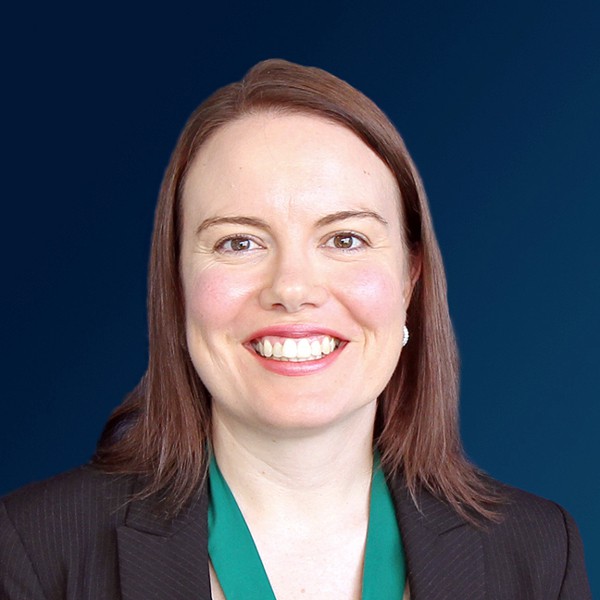





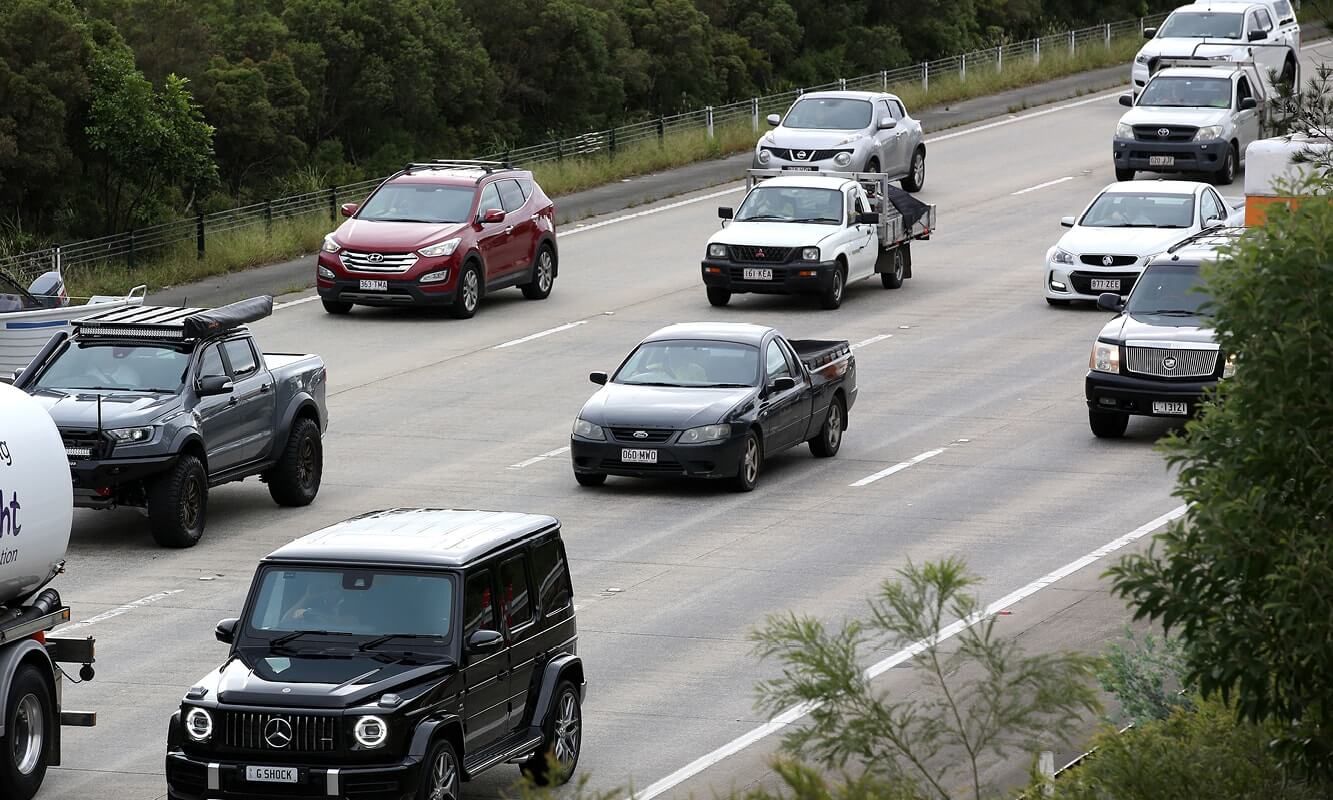
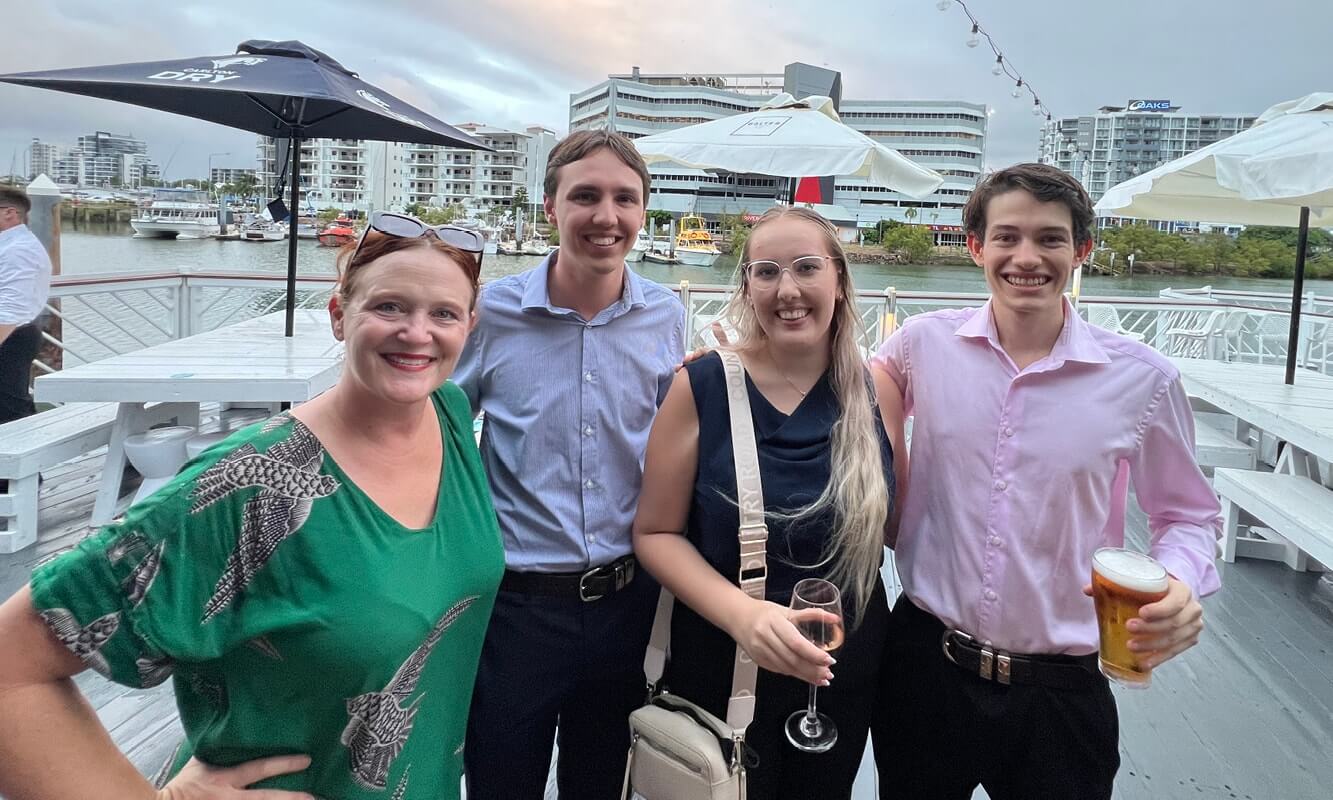
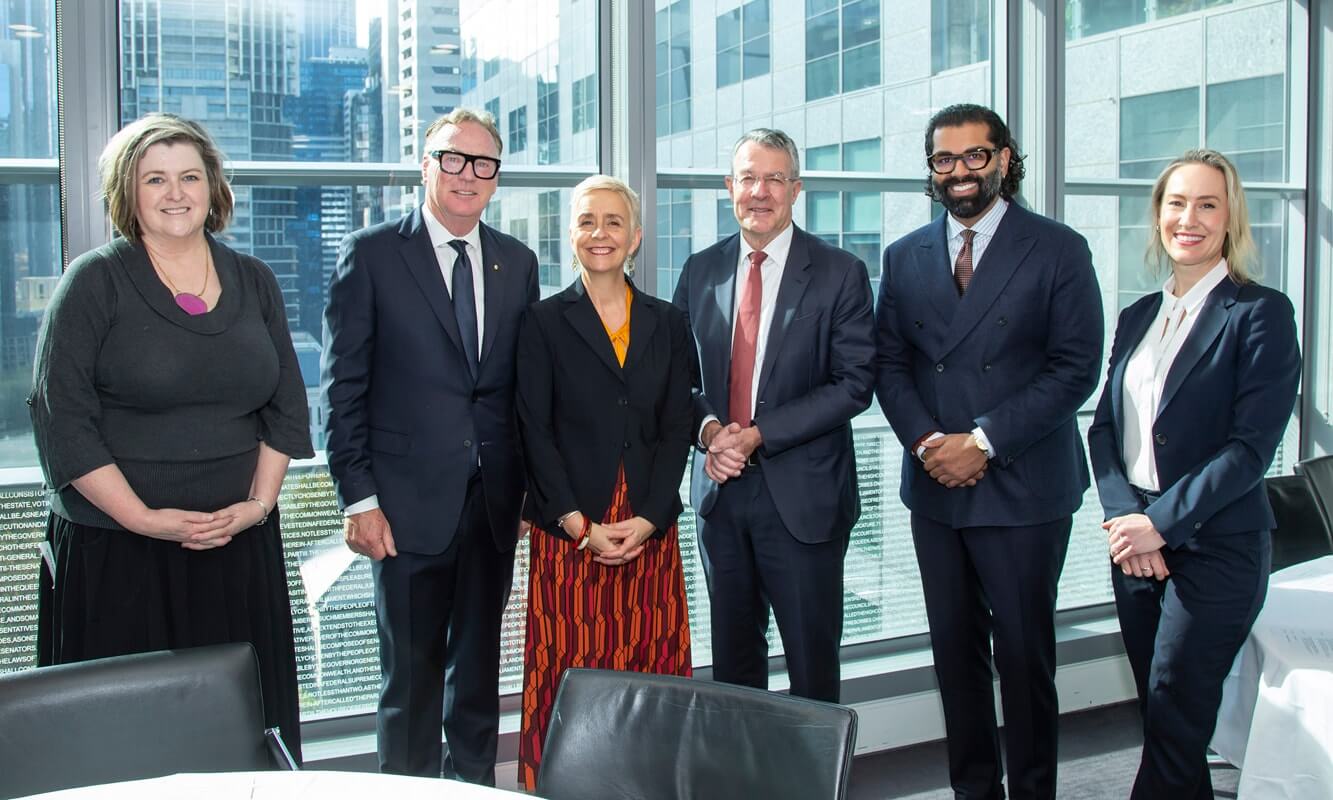
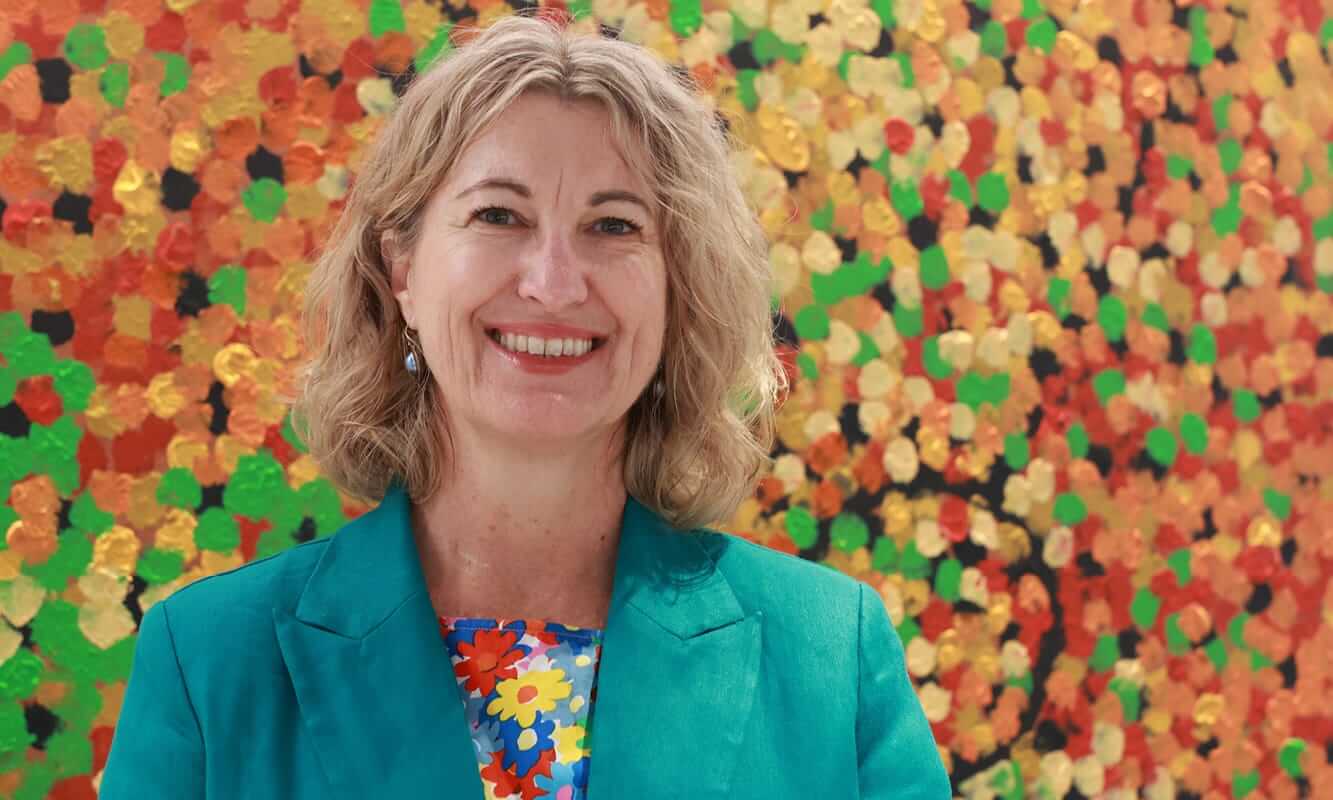


Share this article